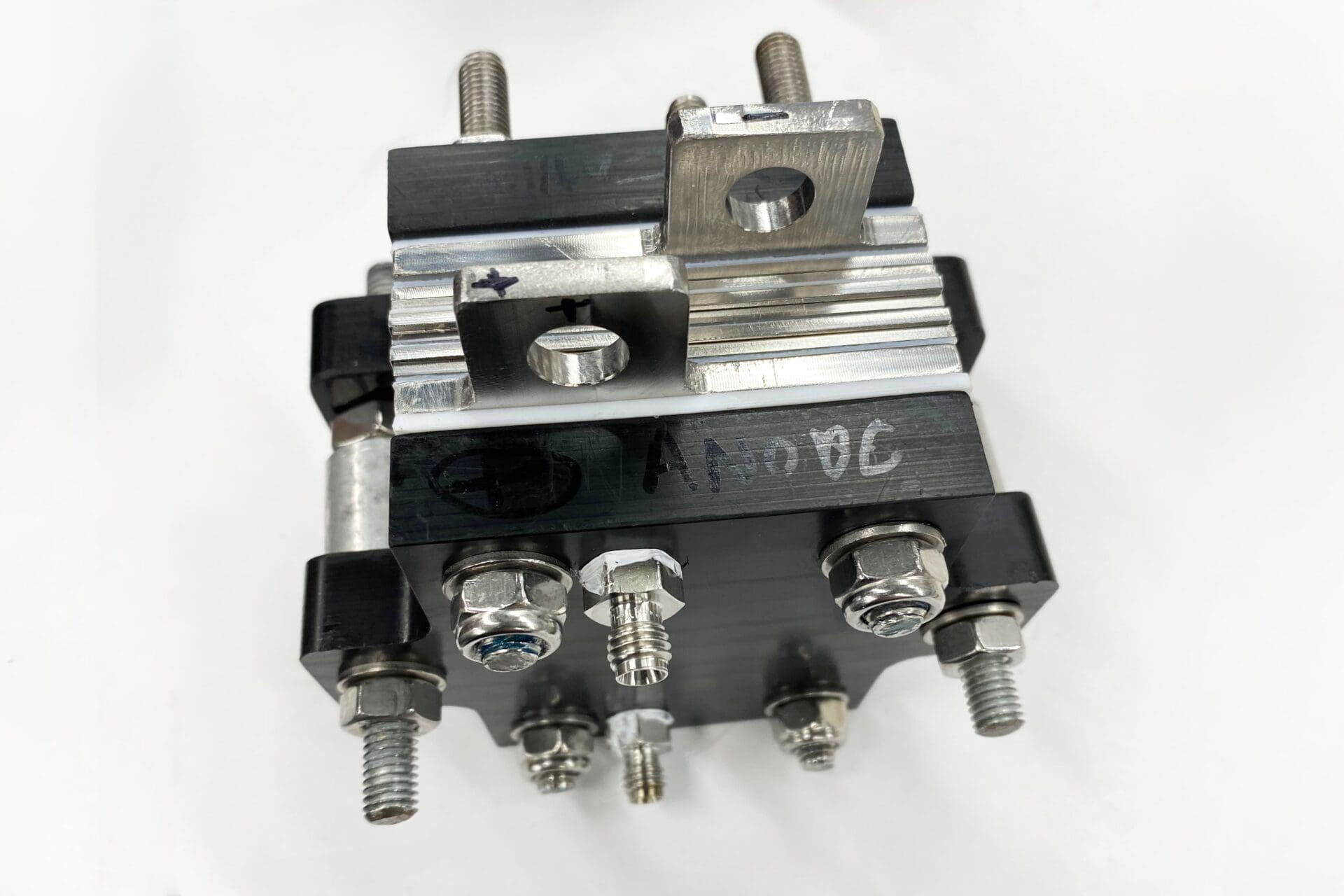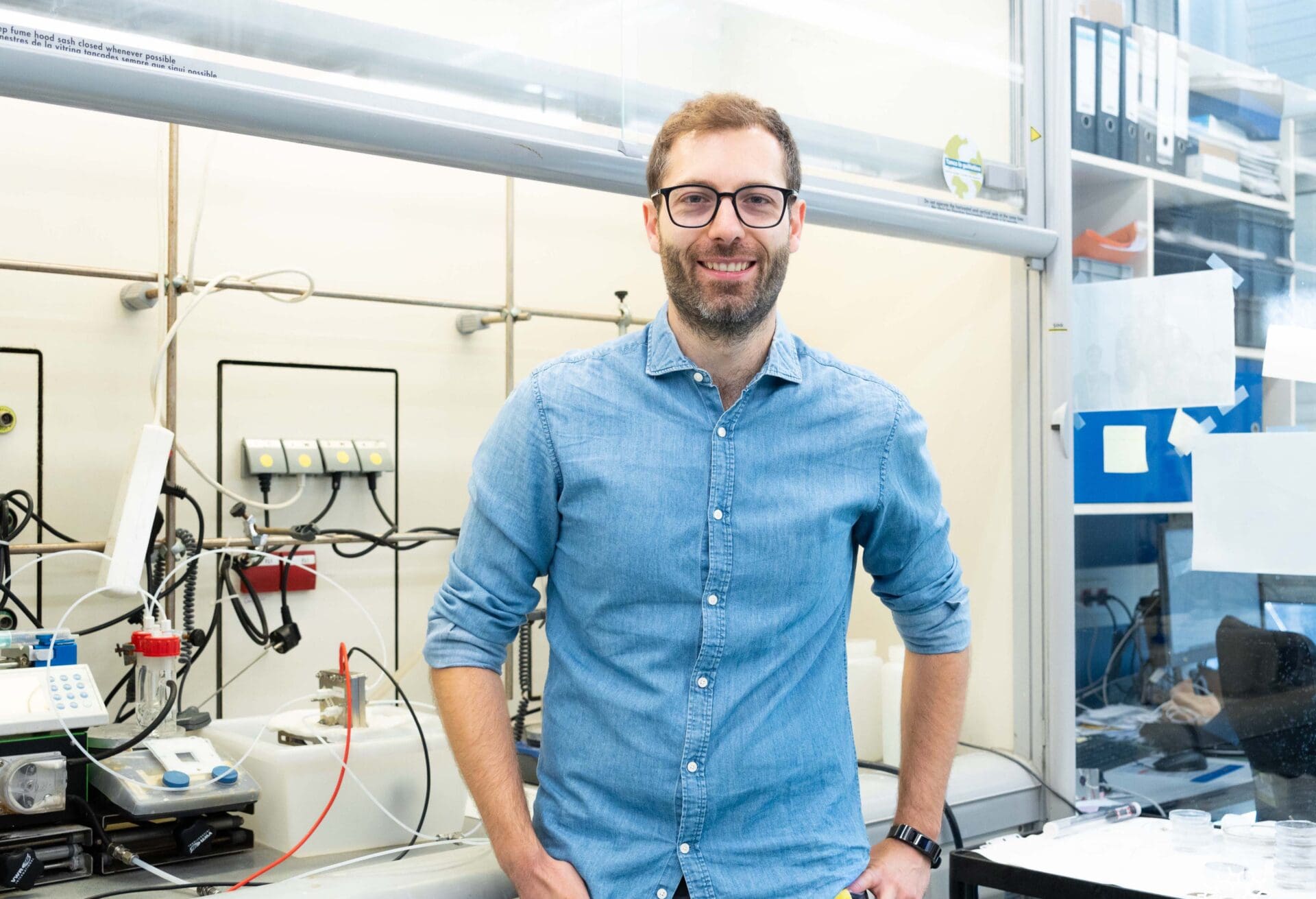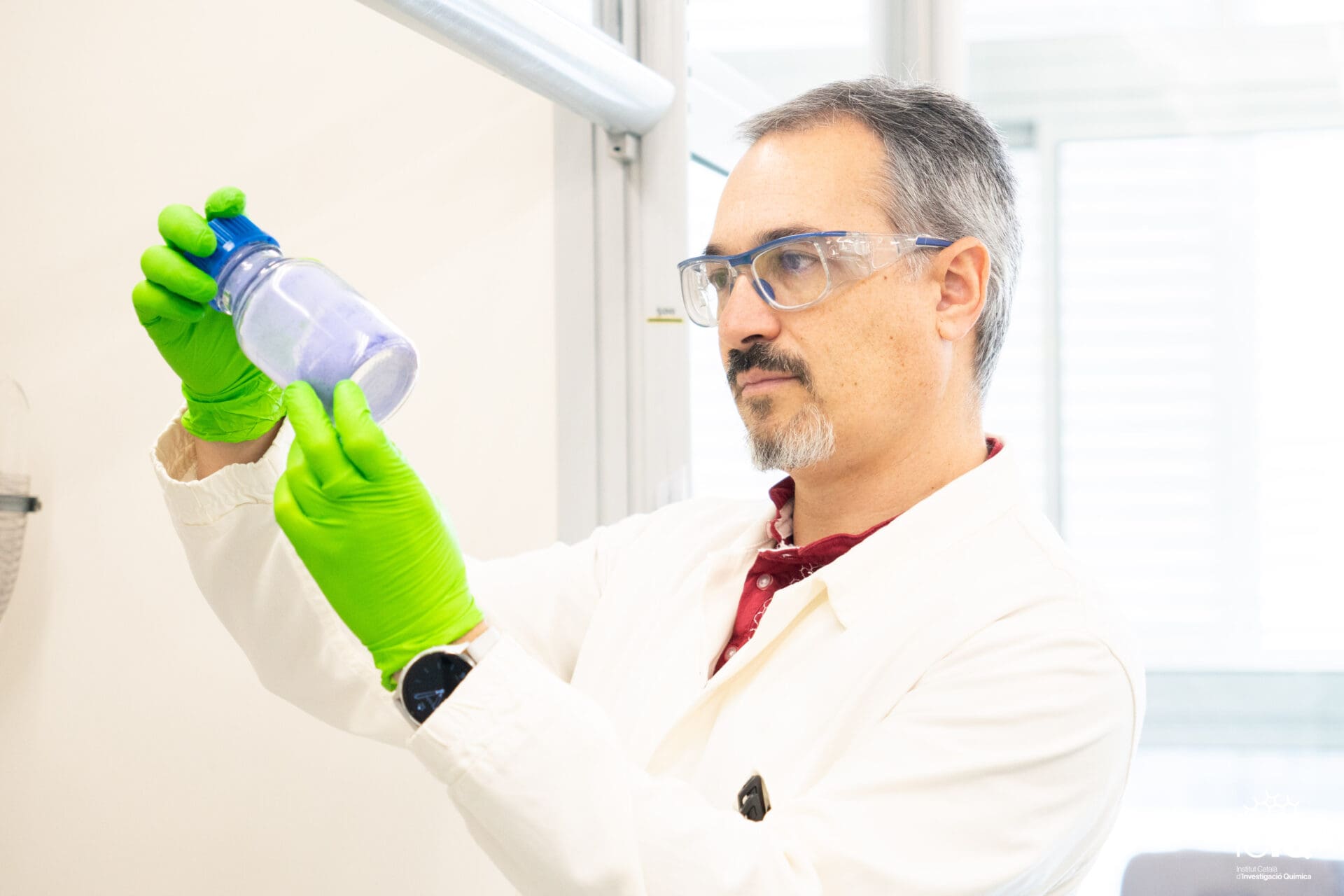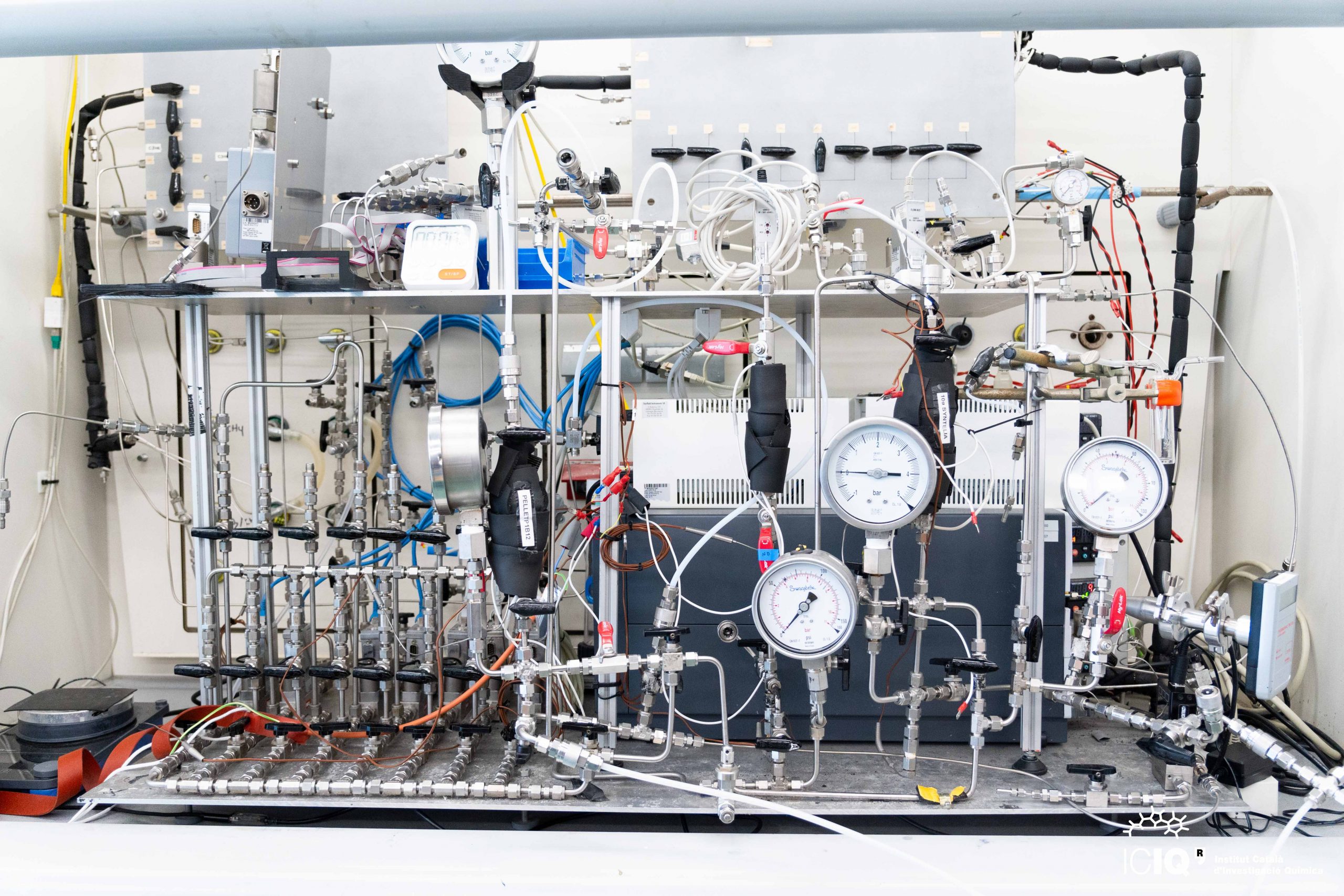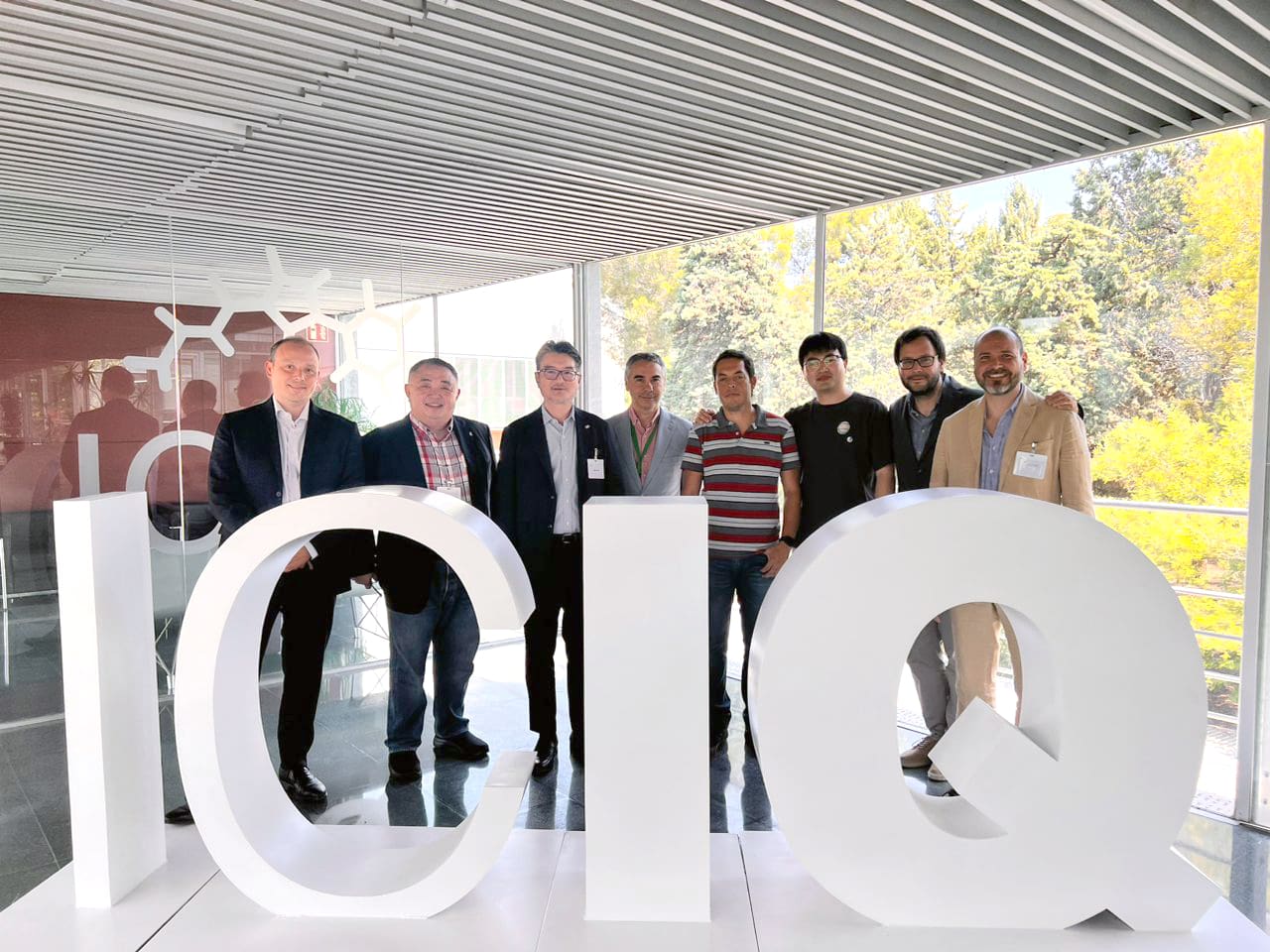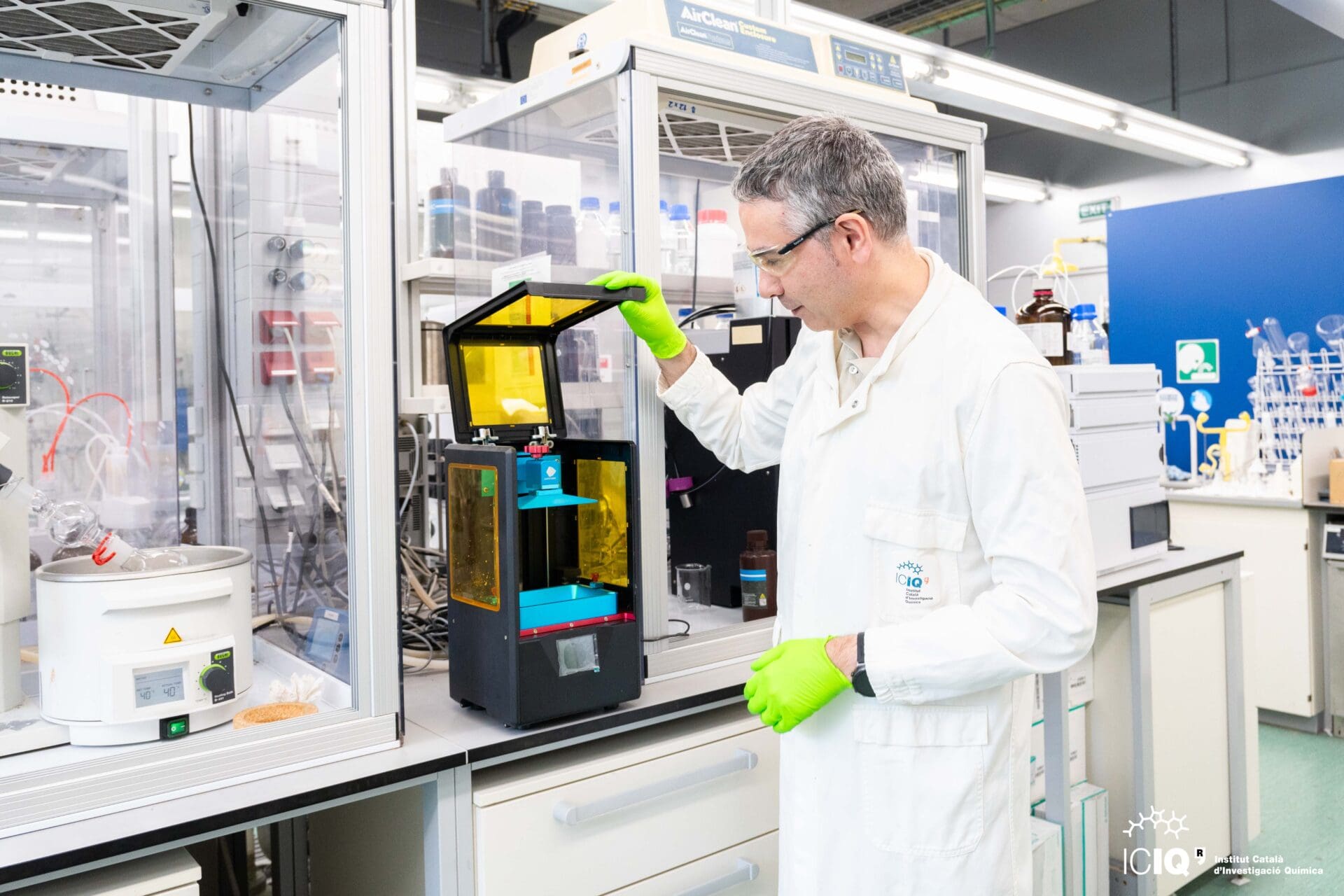CO2 conversion among the most demanded technologies by companies
The conversion of CO2 and waste into valuable products, in the form of energy, biofuels or other is among the most demanded technologies by the industrial sector, according to the Reference Network in R+D+i Energy for Society (XRE4S). This network, which includes 39 research groups from the main universities and research and technological centers in Catalonia, among which is also ICIQ, has presented to companies and potential investors its portfolio of more than 30 innovative technological solutions in the energy sector, with the goal to search for synergies so that companies incorporate these solutions and win efficiency.
ICIQ has presented two innovative technologic solutions. The Kleij group has showcased a method it has developed for the production of polycarbonate materials by co-polymerization of limonene oxide with CO2. These polycarbonates can be transformed into functional coatings, packaging ingredients and other advanced materials. The Llobet group has highlighted a technology to fabricate a highly performing electro-anode for water oxidation, useful for water hydrolysis and the production of hydrogen. The new electrode comprises a coordination oligomer of a molecular catalyst strongly attached to an electrode surface via supramolecular interactions with no need for a binder to fix the catalyst to the electrode.
 Each of the technologies developed by the XRE4S is explained in simple language, through more than 30 videos. These include the generation of renewable photovoltaic and wind energy, integration of energy technologies, power converters and digitization, new materials and devices or solutions to improve energy efficiency, among others.
Each of the technologies developed by the XRE4S is explained in simple language, through more than 30 videos. These include the generation of renewable photovoltaic and wind energy, integration of energy technologies, power converters and digitization, new materials and devices or solutions to improve energy efficiency, among others.
In addition to the videos, the XRE4S has organized, together with various business clusters and platforms, webinars to offer solutions to companies in relation to their energy needs. Companies have also shown interest in improving battery materials and processes, and implementing energy optimization and digitization tools in systems and buildings. According to Joana Tarrés, promoter of XRE4S, “companies need innovation, but it is difficult for them to detect which solutions are feasible for them. Our network aims to facilitate this connection with the academic world that is developing, today, the technological solutions of tomorrow.”
The technologies have been developed by the research and technological centers and universities that are members of the XRE4S: IREC, BSC, CIMNE, EURECAT, ICIQ, ICMABCSIC, IMB-CSIC, ICN2, La Salle-University Ramon Llull, University of Barcelona, University of Vic- Central University of Catalonia, University of Lleida, University of Girona and Universitat Politècnica de Catalunya.
These centers have developed solutions such as the use of 3D printing technology to manufacture more efficient fuel cells, which helps the implementation of hydrogen as an energy vector (IREC), an electronic controller for batteries in motorcycles or hybrid vehicles (CITCEA-UPC ), the use of supercomputing facilities to find areas of Catalonia with the potential to extract geothermal energy (BSC), the use of algorithms to determine and predict local energy consumption from a postal code (CIMNE) or the conversion of waste of animal origin into biofuels (CT BETA- UVic-UCC).
Some of the technologies are transferred to a spin-off, which arise from the research centers themselves, and are already in the commercialization phase. Others are in the process of being licensed to third parties or finding the most suitable market to be implemented. Some of the identified solutions have received advice on marketing and business strategies through the XRE4S Lab-to-Market (L2M) program. The objective is to facilitate the transfer of technology to the market and promote communication between the scientific and business worlds.
About XRE4S
XRE4S is the R+D+I Network Energy for Society: a multidisciplinary and transversal ecosystem that gathers the expertise in the energy field of the main universities and research centres in Catalonia. The ICIQ Kleij, Llobet and Lloret-Fillol groups participate in the network. The main goal is to promote the technology transfer and valorisation of energy technologies to industry and society. This project is co-financed by the European Regional Development Fund of the European Union in the framework of the ERDF Operational Program Catalonia 2014-2020 and supported by the Secretary of Universities and Research of the Ministry for Business and Knowledge of the Government of Catalonia.
Related news

Let's create a brighter future
Join our team to work with renowned researchers, tackle groundbreaking
projects and contribute to meaningful scientific advancements






 17-12-2024
17-12-2024 